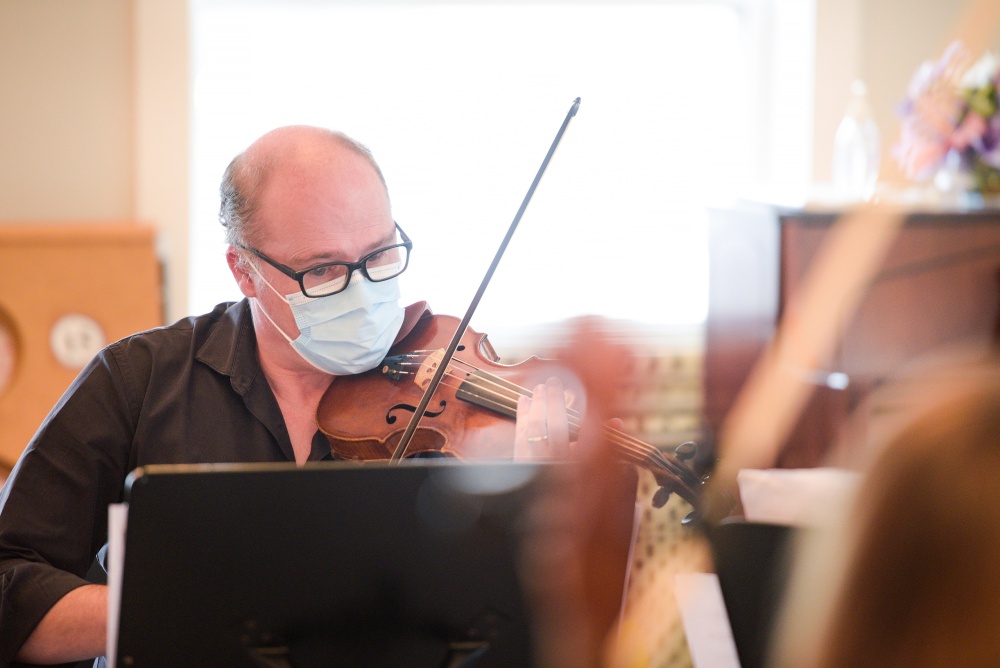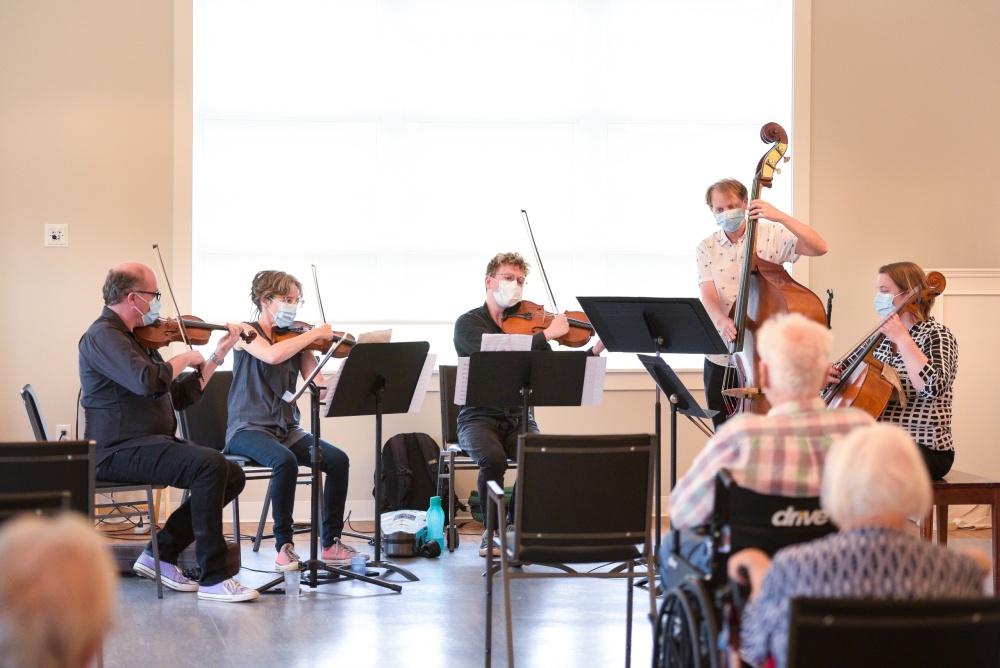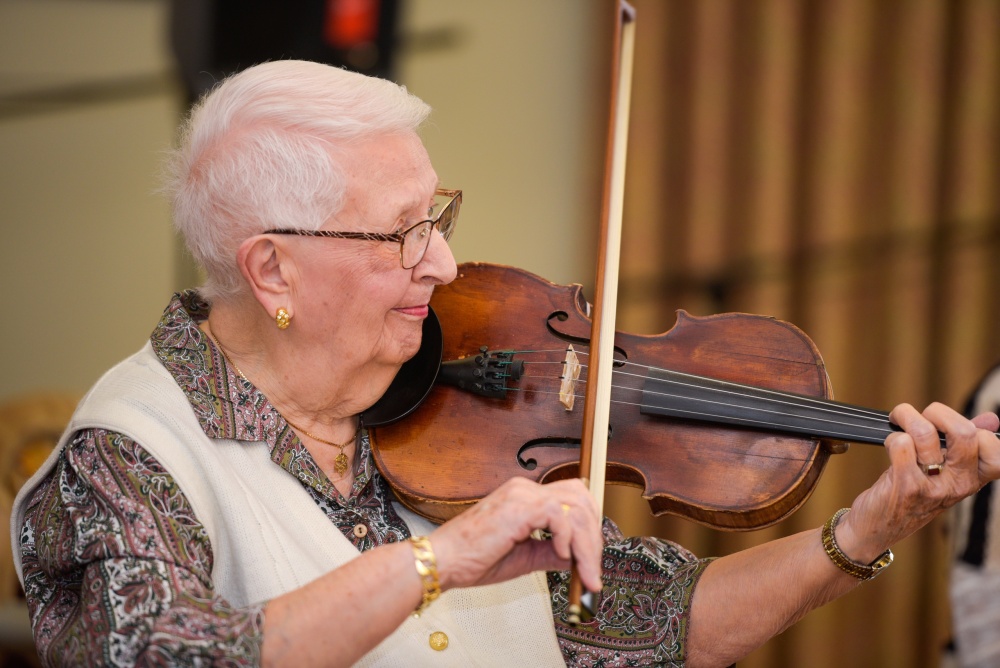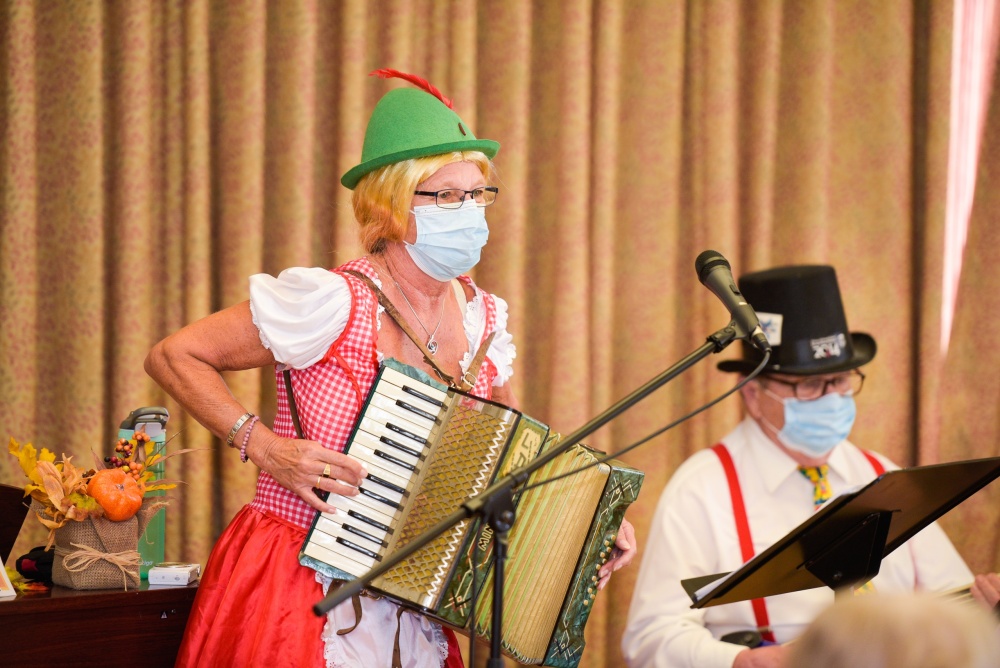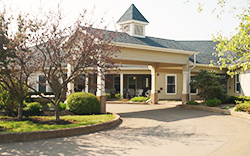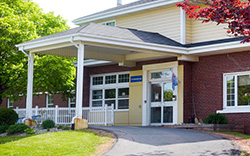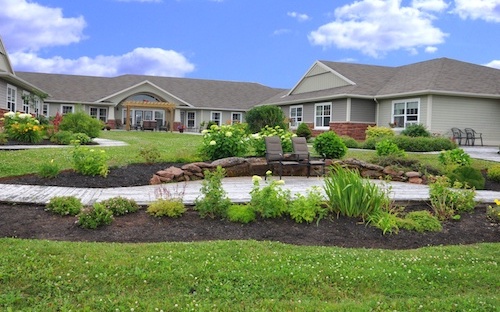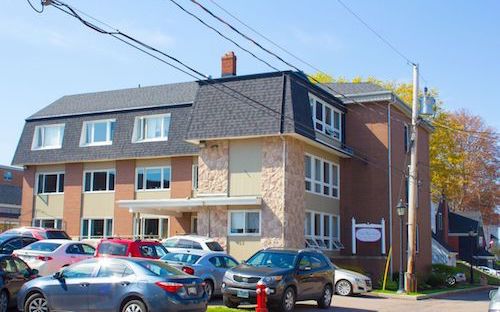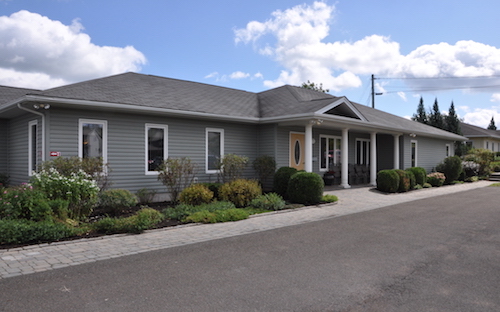Amanda Shea has seen first-hand the benefits music can have on seniors and people living with dementia.
Amanda, a program coordinator with ProTem Memory Care, a dementia care home in Moncton, N.B., has been incorporating music therapy, an umbrella term for all music-related activities at ProTem, into residents’ daily routines since she joined three years ago.
“A lot of time with dementia and cognitive impairment, people are in a state of worry,” she said. “Even something as simple as putting on headphones with a playlist of favourite music a family member has put together…that can bring them from a very heightened state (of agitation) to a very calm state.”
She added the benefits aren’t limited to calming distressed residents. Amanda’s seen people’s entire personality shift upon hearing a song they recognize.
“You can see a whole different glow come across their face,” she said.
In other cases, she’s seen residents who had been stand-offish, become engaged through playing music. She recounted one woman who, after watching Amanda tinker with the home’s piano, began playing without the aid of sheet music.
“I didn’t know she was capable,” said Amanda. “But it was like riding a bike for her.”
‘First things in, last things out’
Evidence of the small but significant positive impact music has on people with mild cognitive impairment has been growing in recent years. According to a 2021 University of Pittsburgh study, active music making improved cognition, mood and overall quality of life.
“We are excited to see these results because participating in music, like singing in a choir or playing in a drum circle, is a safe, engaging activity that our research demonstrates can support cognition at a critical time for older adults facing cognitive decline,” said Jennie Dorris, the study’s lead author.
While the reason behind this is still under study, one possible explanation is behaviours learned early in development, like music, are more resistant to decline. They fall under what neuroscientists term procedural-memory, a concept people like Amanda, who work with dementia patients on a daily basis, are familiar with.
“I try to remind everyone ‘first things in, last things out,’” said Amanda. “It’s amazing to see how at times some individuals may not remember their loved one’s names but know every lyric to any song we play. You can always reach them through music.
Good for everyone
While the positive impact of music therapy is most pronounced in people living with dementia, seniors at all stages can benefit.
Sharon Woods-Bryenton, a program coordinator at Andrews of Stratford, makes sure to include music either directly or indirectly in her weekly activity schedule.
“It just enhances their quality of life so much,” she said. “I’ve never had anyone say they hate music.”
Sharon hosts a regular ukulele jam-session, books live performers and holds sing-alongs. She’s even added music to her fitness classes, when possible.
Her efforts have not gone unnoticed.
“I think (music) is one of the most important aspects of living in a retirement home,” said Marion Boyce, a resident at Andrews of Stratford. “Music makes you feel good, it makes you feel alive.”
Marion, a retired nurse, has been playing the violin for 88 years. A social person, she’s found the recent lockdowns and restrictions challenging. Music has been a refuge.
“Anything to do with music is an enjoyment for me,” she said. “If I couldn’t play the violin, I’d just as soon turn my up toes.”
For Sharon, that sentiment comes as no surprise.
“It just picks (the residents’) spirits up incredibly, especially right now (with COVID),” she said. “It promotes mental health, encourages them to come out and socialize and it improves their quality of life.”


